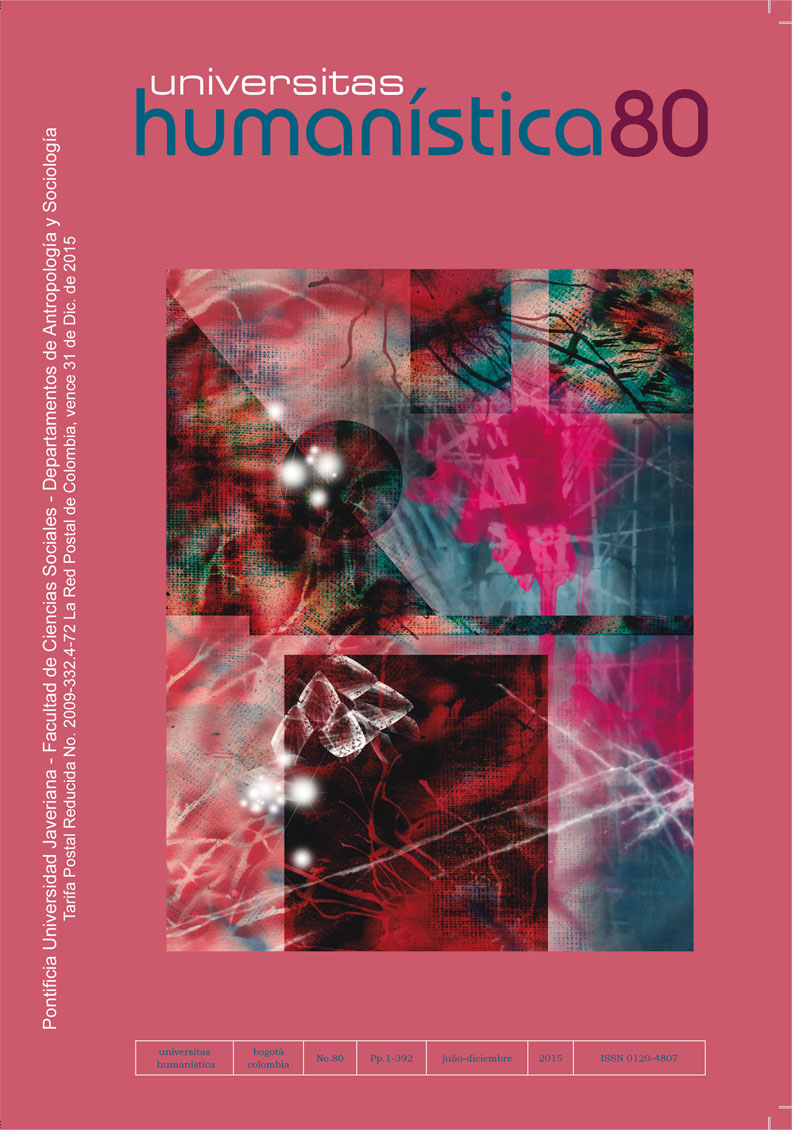Abstract
The article deals with the territorial arrangements of the Playa de Oro Afro Commune, located in Esmeraldas, near the Colombian-Ecuadorian border. Located on the banks of the Rio Santiago, in the limits of the Cotacachi-Cayapas Ecological Reserve, Playa de Oro has emblematic paradigms in land management, which point to other cultural models about ‘nature’, its uses and reserves. Through a reflection on the “prospects of inhabiting”, the goal is understanding the ecology of life, which deals with these crucial processes of historical commitment to the landscape. This proposal seeks to understand the conceptual frameworks operated by the local inhabitants in the land management, translated into a an active political ecology. These efforts are significant to comprehend the processes performed by the Playa de Oro inhabitants to reverse the invisibilization logic of the Afro-descendants in Latin America and restrain the usurpation of their natural resources.
This journal provides immediate open access to its content on the principle that making research freely available to the public, encourages greater global exchange of knowledge.
The journal Universitas Humanística is registered under a Creative Commons Attribution 4.0 International Public License. Thus, this work may be reproduced, distributed, and publicly shared in digital format, as long as the names of the authors and Pontificia Universidad Javeriana are acknowledged. Others are allowed to quote, adapt, transform, auto-archive, republish, and create based on this material, for any purpose (even commercial ones), provided the authorship is duly acknowledged, a link to the original work is provided, and it is specified if changes have been made. Pontificia Universidad Javeriana does not hold the rights of published works and the authors are solely responsible for the contents of their works; they keep the moral, intellectual, privacy, and publicity rights.
Approving the intervention of the work (review, copy-editing, translation, layout) and the following outreach, are granted through an use license and not through an assignment of rights. This means the journal and Pontificia Universidad Javeriana cannot be held responsible for any ethical malpractice by the authors. As a consequence of the protection granted by the use license, the journal is not required to publish recantations or modify information already published, unless the errata stems from the editorial management process. Publishing contents in this journal does not generate royalties for contributors.


